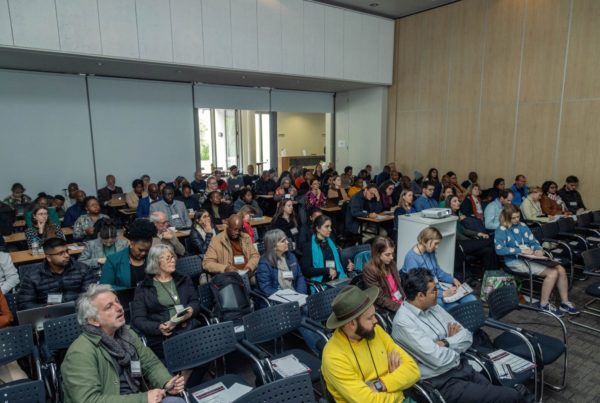PhD Thesis
Candidate: Carlos da Maia
Supervisor: Professor Servaas van der Berg
Institution: Stellenbosch University, Faculty of Economic and Management Sciences, Department of Economics
Abstract
This thesis deals with poverty and inequality in Mozambique and with the link of education to wellbeing through the labour market. Earlier studies that analysed well-being in Mozambique drew counter-intuitive conclusions about the spatial distribution of poverty and inequality. They focused excessively on money-metric indicators of well-being and adjusted the poverty line so as to make it reflect taste and price differentials across regions. This thesis suggests the use of a wealth index based on asset holdings and derived by employing Multiple Correspondence Analysis to support the money-metric results. If results are not also confirmed by other indicators of well-being, one should be sceptical of simply unquestioningly applying best practice approaches. In this thesis the moneymetric results drawn by earlier studies are not confirmed by this other indicator of well-being.
Since education is a policy lever that can be used to influence the existing patterns of poverty and inequality, one needs to understand how it operates through the labour market in improving wellbeing. Developing and poor economies such as Mozambique are characterised by a very segmented labour market and by a small wage sector. A large proportion of the working-age population is engaged in subsistence agriculture and self-employment activities. Using a multinomial logit model this thesis demonstrates that schooling has an influence on the choice of employment segment. For instance, schooling increases an individual’s chances of getting a public sector job, but lowers his or her chances of falling into self-employment activities. This study also links schooling to earnings. It argues that when analysing the relationship between schooling and earnings in a poor developing economy one should account for the multiple segmentation of the labour market as well as for sample selection bias. To estimate the effects of schooling on earnings this thesis thus employs a modified version of Dubin and McFadden’s model. It finds a positive association between education and earnings in the public wage sector, the private wage sector and in the selfemployment segment. Convex returns to education are also found, and accounting for selectivity bias does improve the earnings functions relative to those based on ordinary least squares regressions.
Education quality has a bearing on an individual’s performance in the labour market and therefore affects the role of education in alleviating poverty. Thus, this thesis identifies the correlates of education quality in Mozambique. Employing education production functions based on ordinary least squares multivariate regressions it finds that most of the correlates of educational achievement suggested by the literature are indeed associated with educational outputs. Employing Oaxaca-Blinder decomposition techniques often used in labour studies to study earnings discrimination, the thesis attempts to explain the reasons behind the average deterioration in education quality in Mozambique. The initial hypothesis on this matter was that the average deterioration in education quality over time was associated with the increase in the proportion of pupils from low socioeconomic backgrounds. This hypothesis, however, is not confirmed. Likely explanations include the decline in the efficiency of the education system and more lenient pupil promotion policies.
DOWNLOAD PDF





